Myanmar, Apr 09 (V7N) –Fighting has slowed significantly in quake-hit Myanmar since a temporary truce began last week, the UN said on Tuesday, urging a complete end to hostilities to deliver aid and allow recovery work to begin.
A multi-sided conflict has engulfed Myanmar since 2021, when Min Aung Hlaing's military wrested power from the civilian government of Aung San Suu Kyi.
Following reports of sporadic clashes even after the March 28 quake that so far has killed more than 3,600 people, the junta joined its opponents last week in calling a temporary halt to hostilities for relief to be delivered.
But the UN noted reports of the military continuing to carry out strikes even after the truce.
"Even after the announcement of the unilateral ceasefire, there have been military actions," said Titon Mitra, who represents the United Nation Development Program (UNDP) in Myanmar.
"We're not necessarily seeing a complete cessation of hostilities," he told journalists in Geneva, speaking from Mandalay in Myanmar.
But, he added, there had certainly been "a very, very significant slowdown and we hope that does translate into a cessation of hostile facilities across the board."
"We're hoping that creates a space to be able to reach everyone in need, irrespective of their affiliations," he said, adding that "aid has to be provided impartially."
The UN has not had difficulty delivering aid in urban areas and areas under military control, Mitra said.
A number of non-governmental organizations were also trying to deliver aid in areas under mixed control or in rebel-controlled areas.
"But whether that translates into full and free access, I think it's too early to say," Mitra acknowledged.
‘Very high risk’
Mitra highlighted the towering needs, warning that the devastation wreaked by the earthquake was "probably the second most deadly and devastating disaster since 1900, following Nargis" -- the deadly 2018 cyclone.
"The health system is completely overwhelmed, hospitals are unable to cope with the number of patients they are dealing with, (and) there's an incredible short supply of medicines and medical supplies," he said.
At the same time, sanitation is becoming a "big issue," he said, highlighting broken water pipes and a lack of latrines, leading to a "very high risk of waterborne diseases."
The devastation caused by the quake has compounded deep existing vulnerabilities, he said, pointing to widespread food insecurity, with nearly 40 million people in Myanmar living below the subsistence level even before the disaster.
END/MSS/AJ



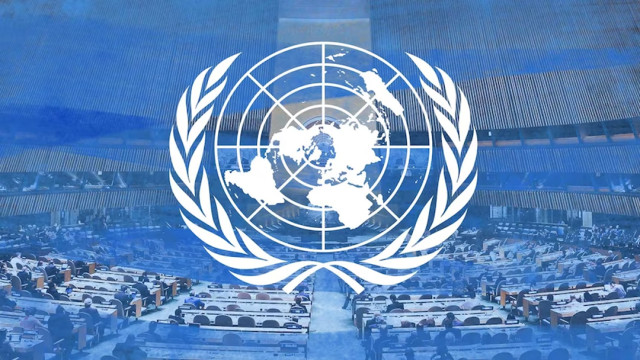
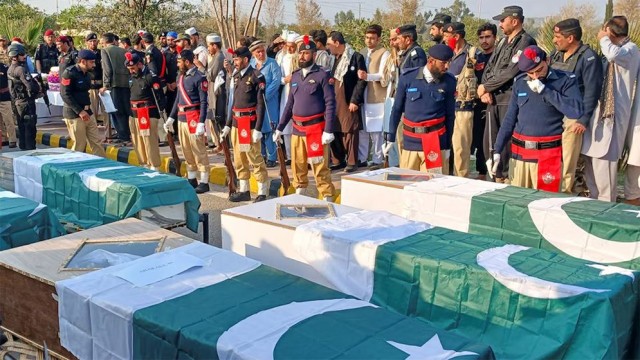


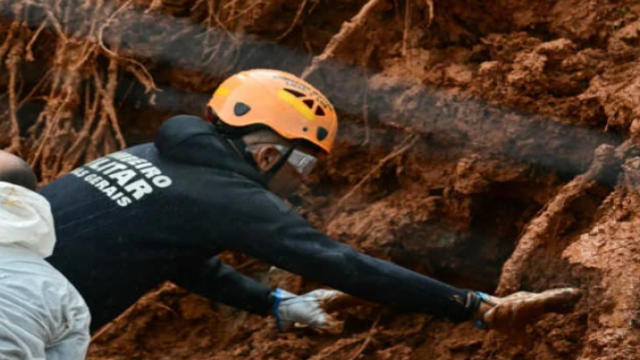

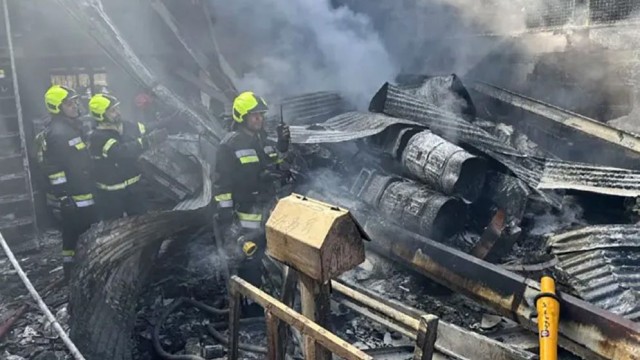

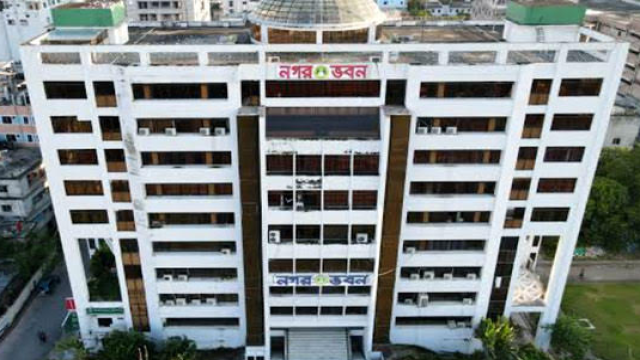


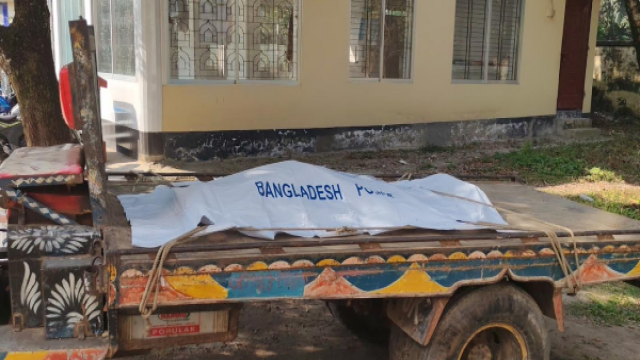
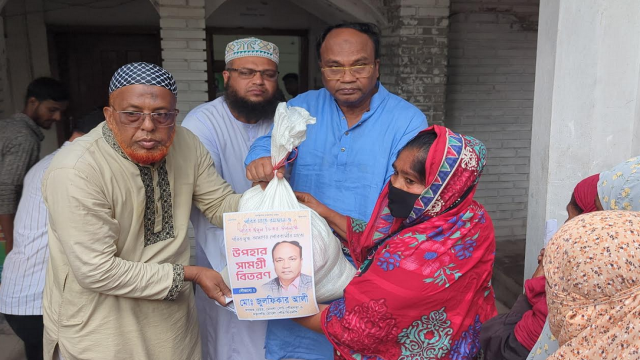















Comment: